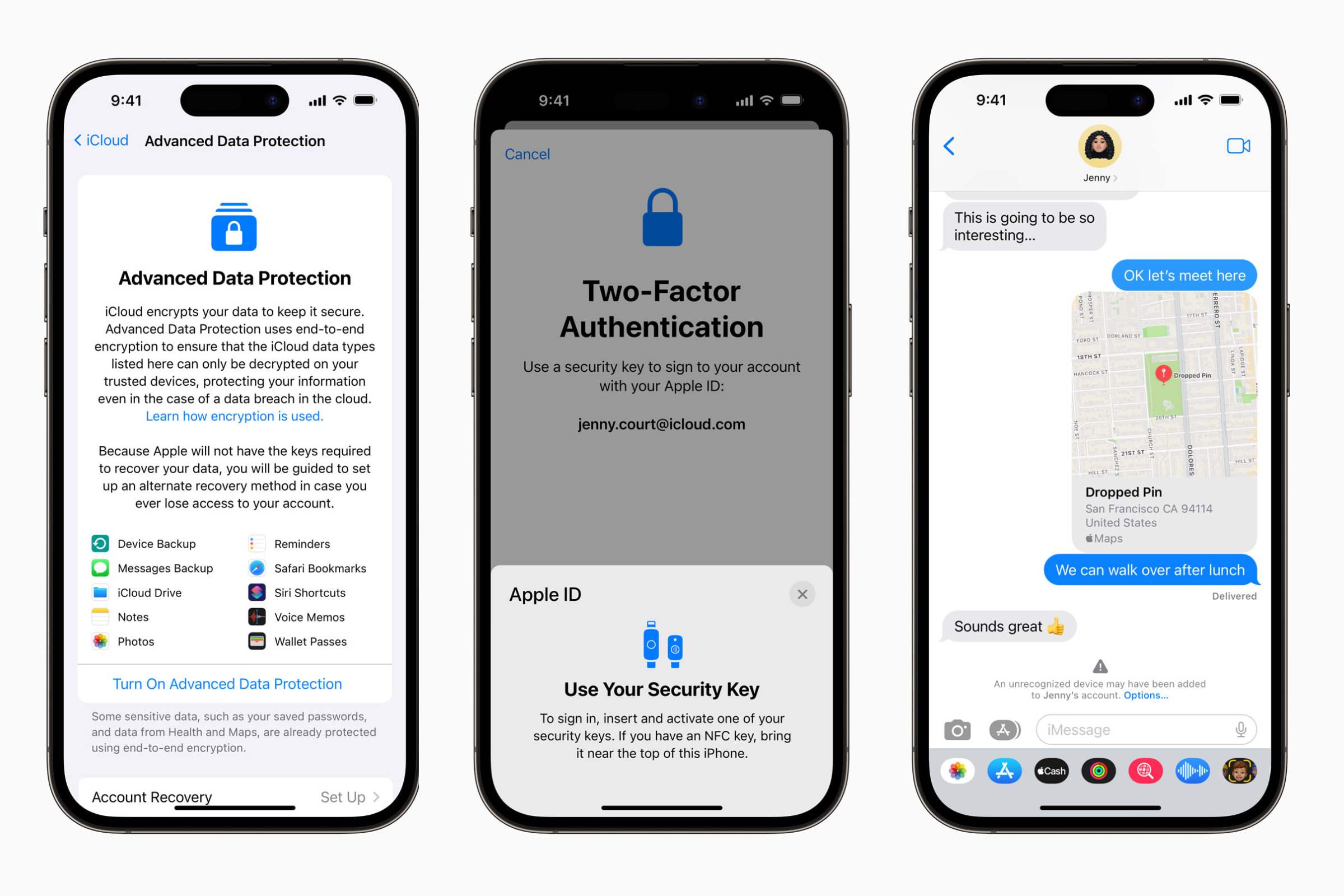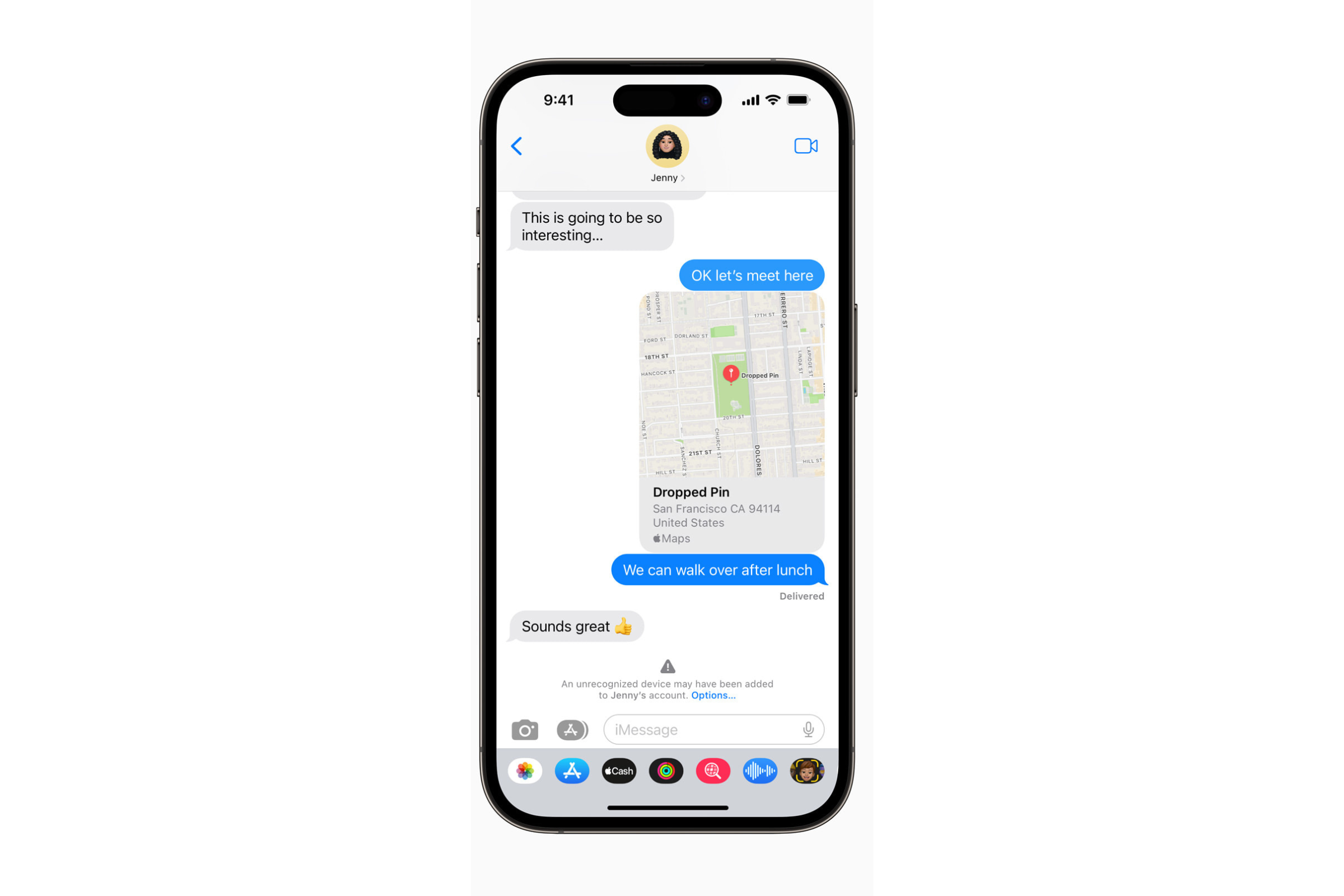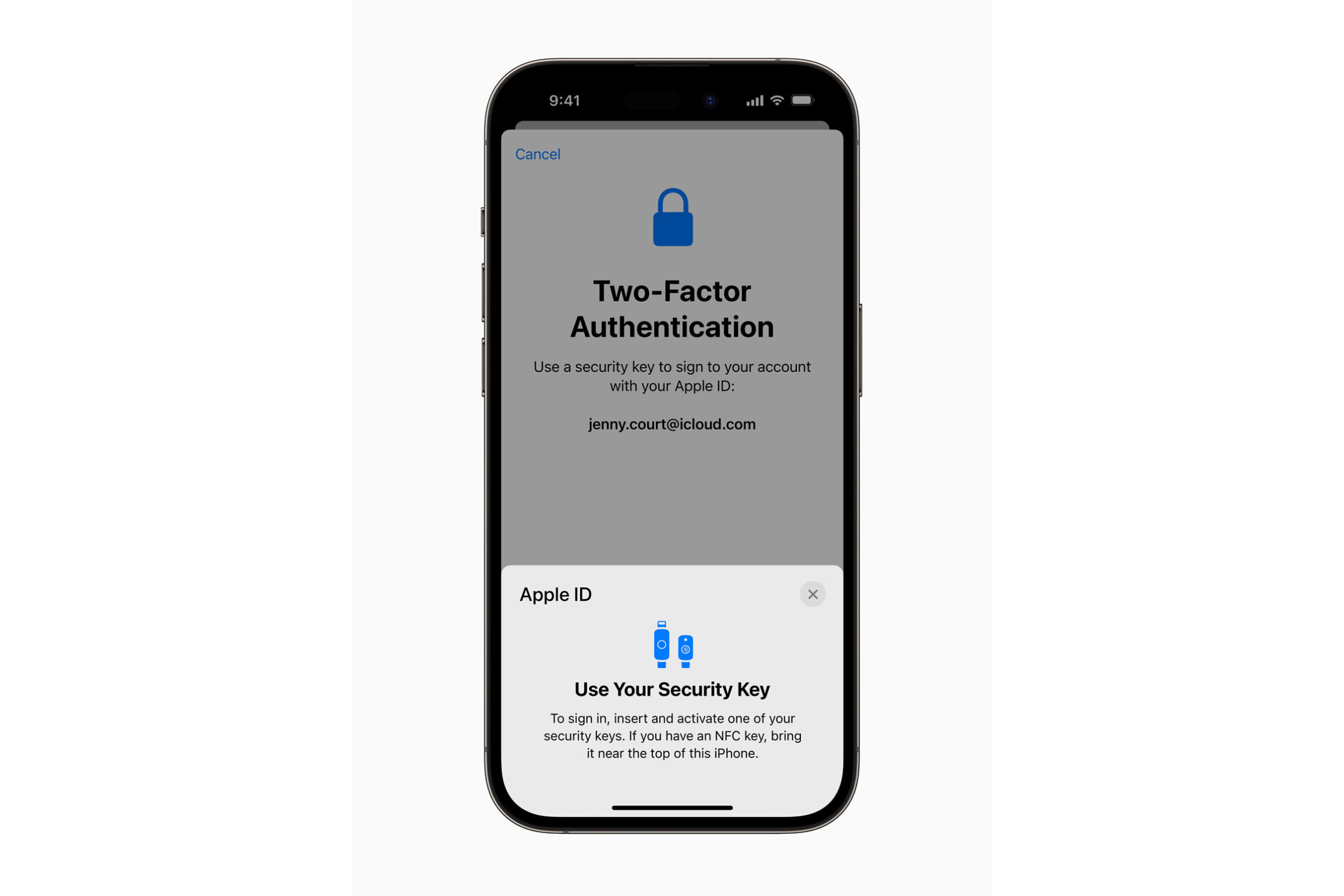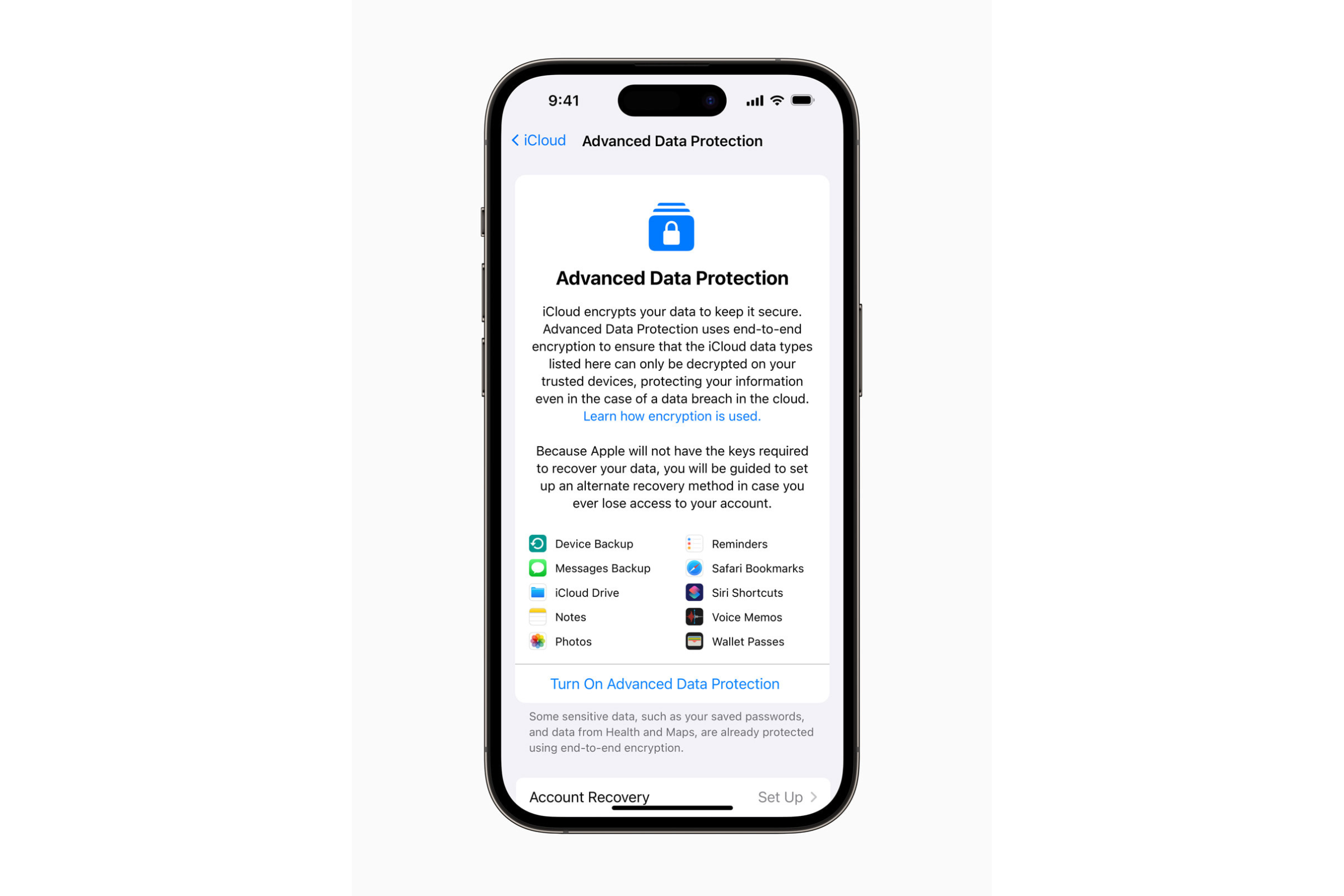Privacy and security, whether using an app or sending messages has become a big concern over the past few years, especially as companies become more and more intrusive. Apple has always touted security as one of its main cornerstones whether it has to do with products, services, or applications. Today, the Cupertino giant introduced new security enhancements for some of its services that should put some Apple product users at ease.
Although iMessage is a simple chat application, it was ahead of its time when it launched, offering a collection of features that just weren't available through traditional SMS services. While it still is a just a messaging app, Apple has strengthened the service over time, adding new features and better security. While end-to-end encryption has been in place, the company is now taking things a step further by introducing iMessage Contact Key Verification.
Apple makes it clear that this feature isn't for everyone and is only for extreme use cases, like users "who face extraordinary digital threats." Folks who need this kind of extra protection can choose to enable iMessage Contact Key Verification, and then verify a Contact Verification Code with the user to make sure that communication is taking place with the intended person. This verification can be done in person, through a secure call or FaceTime. By doing this, users will be able to "further verify that they are messaging only with the people they intend." Once enabled, users in the chat will be notified if there is ever a breach in the servers, which should protect all parties involved.
Apple is also beefing up its security by allowing hardware security keys to be used with its services. Although two-factor authentication is enough protection for most, sometimes, there are extreme circumstances that require even more protection. That's when Apple's Security Keys can be enabled, which will require a hardware security key as part of the authentication process. This prevents phishing scams because a physical device has to be paired to the device, whether its through the device's port or via NFC.
The last part of Apple's enhancements goes to iCloud. We know that Apple has kept things pretty secure of the years, but there have been occasional issues, with personal data spilling onto the internet. In its most recent attempt to strengthen its online service, it is introducing Advanced Data Protection for iCloud. Users will be able to engage this option by choice, giving them end-to-end encryption, protecting "most" of the information stored.
According to Apple, iCloud currently protects 14 "sensitive data categories" using end-to-end encryption, but once you enable the new Advanced Data Protection feature, 23 data categories will be protected, including iCloud Backups, Photos, and more. Despite this extensive coverage, Apple is quick to point out that there are areas left unprotected like iCloud Mail, Contacts, and Calendar. The reason for this is that those specific categories need access to outside sources.
This is all quite a bit to take in and as it should be, considering that it's talking about data privacy, security, and safety. Luckily, you won't really have to worry about it for now, as two of the services, iMessage Contact Key Verification and Security Keys for Apple ID won't be launching until 2023.
While Apple does share that Security Keys will be coming in early 2023, it does not offer a timeline for the other. As far as Advanced Data Protection for iCloud, that service is part of the recent iOS 16.2 beta that just launched, but will become more widely available to those in the United States by the year's end. Those in other regions can expect it to launch in early 2023.
Source: Apple




